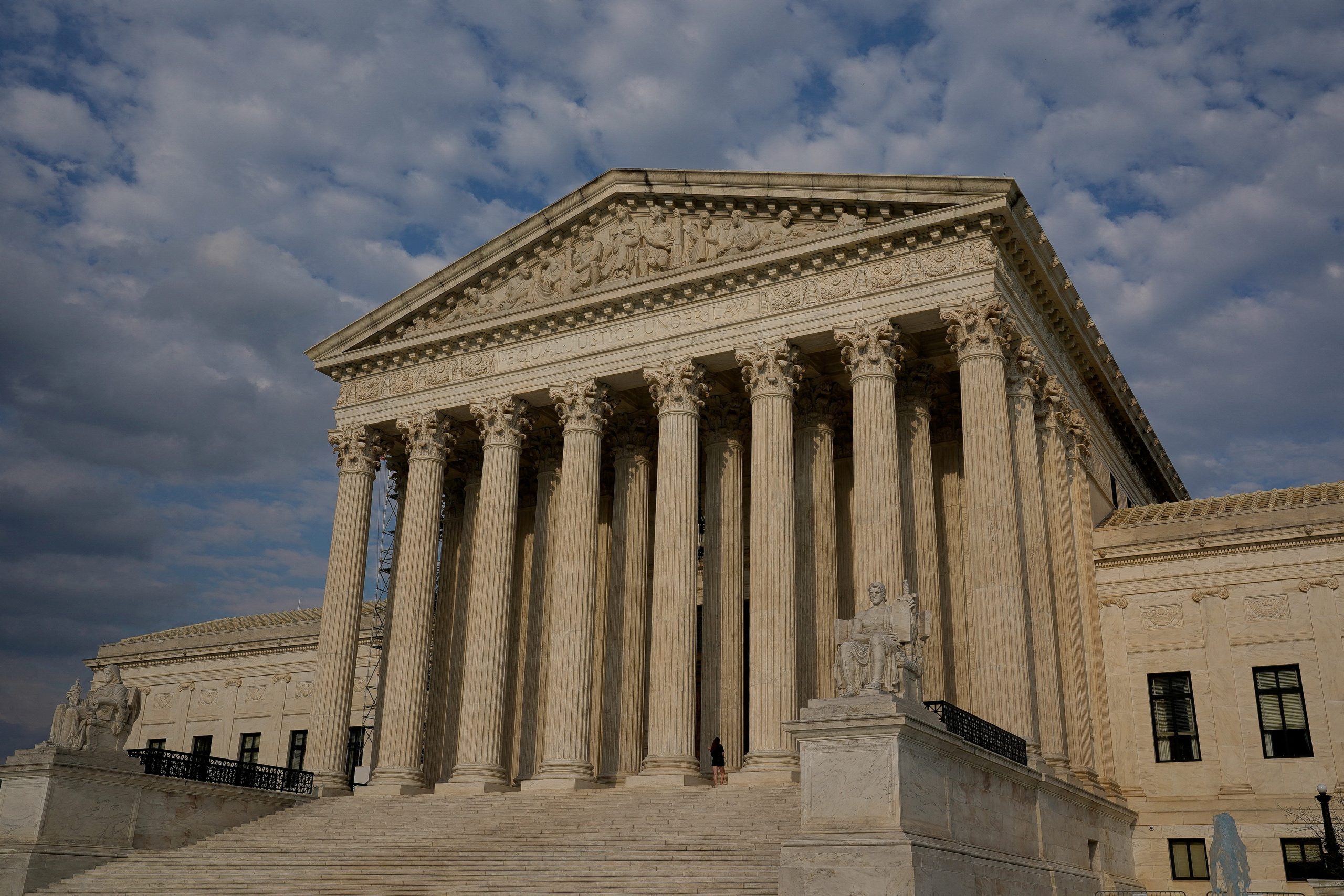
Willie R. Tubbs, FISM News
[elfsight_social_share_buttons id=”1″]
Late last week, in a pair of rare unanimous decisions, the Supreme Court backed two entities’ bids to stymie the authority of a federal agency.
The justices sided with Axon, an Arizona-based tech company attempting to combat a ruling from the Federal Trade Commission, and Michelle Cochran, a Texas-based public accountant fighting an enforcement ruling by the Securities and Exchange Commission.
Although the justices did not enter an opinion on the merits of either case – the cases will revert back to district courts – they ruled that the cases could proceed, which itself is a major precedent for citizens and businesses who will one day seek to fight rulings from federal agencies.
“The question presented is whether the district courts have jurisdiction to hear those suits—and so to resolve the parties’ constitutional challenges to the Commissions’ structure,” Justice Elena Kegan wrote in the ruling. “The answer is yes. The ordinary statutory review scheme does not preclude a district court from entertaining these extraordinary claims.”
At issue was the amount of authority Congress can grant federal agencies and when it is appropriate to allow the target of a federal agency’s oversight to seek a day in court.
Axon, which is best known for developing the Taser, drew the ire of the FTC when it purchased one of its competitors. The agency, under the authority granted it under the Federal Trade Commission Act of 1914, issued an enforcement order that the purchase was improper.
In Cochran’s case, the SEC relied on the Securities and Exchange Act of 1934 to issue an enforcement action that threatened her CPA license.
The problem, at least as argued by Axon and Cochran, was that the agencies were allowed to issue their ruling, hear an initial appeal, and issue a final ruling all before Cochran or Axon were allowed to pursue relief from a federal court.
“Today is a victory for all Americans—especially targets of SEC or FTC administrative enforcement,” Peggy Little, Senior Litigation Counsel for the New Civil Liberties Alliance, a nonpartisan, nonprofit civil rights group that represented Cochran, said in a statement. “For decades, Americans have been haled before agencies which act as investigator, prosecutor, judge, and their first court of appeal. Whether that is constitutional is, as Justice Kagan notes at the outset, ‘fundamental, even existential.’ Michelle Cochran had the courage to insist that any hearing that put her CPA license at stake must be constitutional. And today the Supreme Court unanimously agreed that she is entitled to her day in court before the constitutional injury takes place.”
Friday’s ruling was a definitive win for conservatives who have long argued that federal agencies have created a bloated bureaucracy or “administrative state,” a broad term that describes a government that operates as a labyrinth of administrative agencies that give expansive power to the state and stymie the ability of citizens to fight back.
Justice Clarence Thomas, who wrote a concurring opinion, expressed “grave doubts about the constitutional propriety of Congress vesting administrative agencies with primary authority to adjudicate core private rights with only deferential judicial review on the back end.”
Both Cochran and Axon additionally argued that the FTC and SEC administrative law judges who preside over enforcement actions are not accountable enough to the president, which they argued constituted a violation of the separation-of-powers doctrine.
